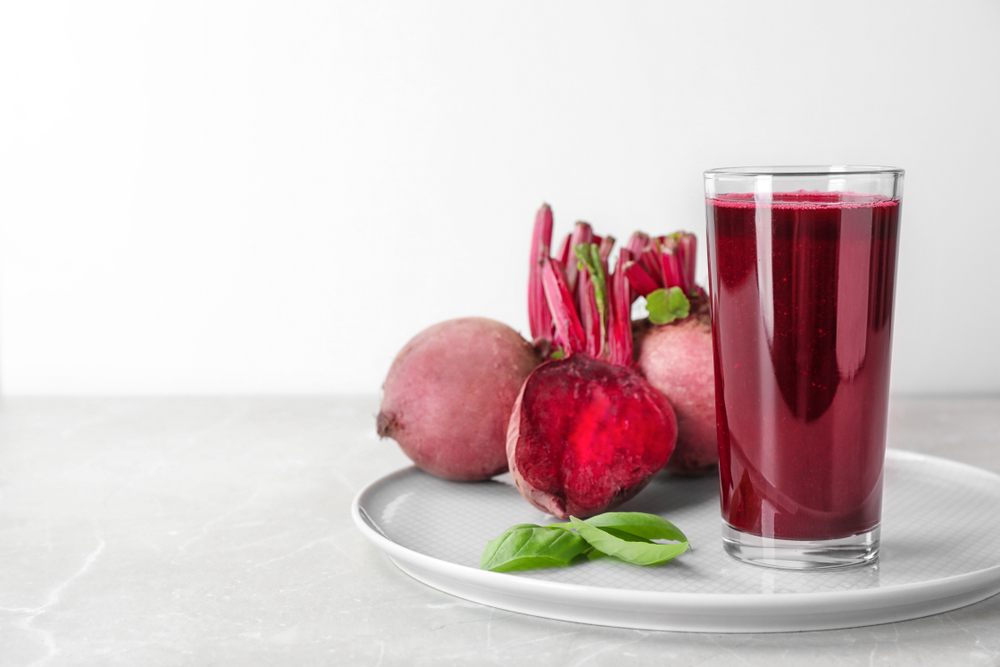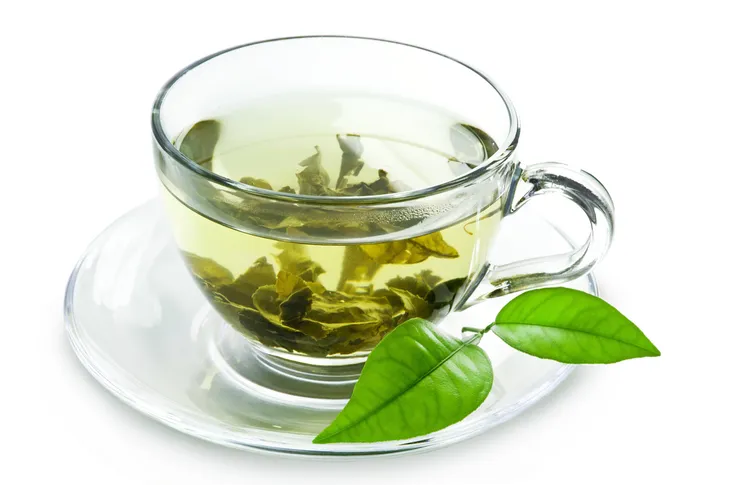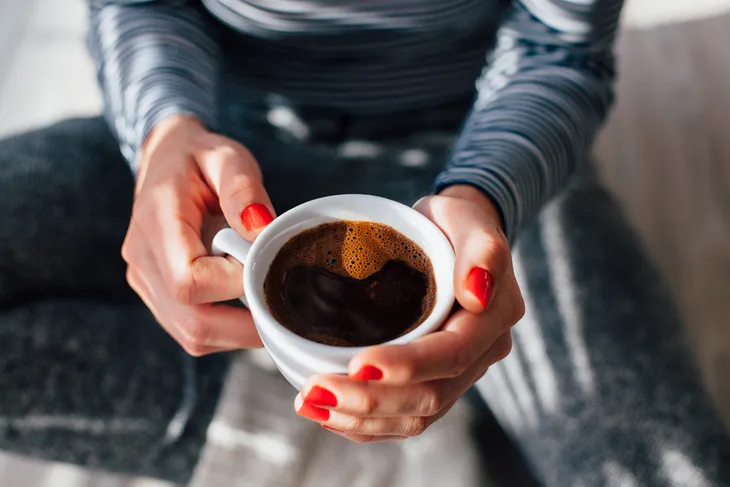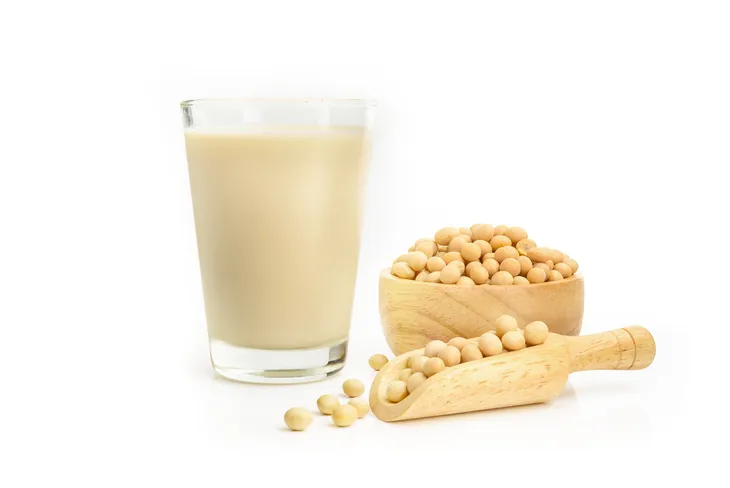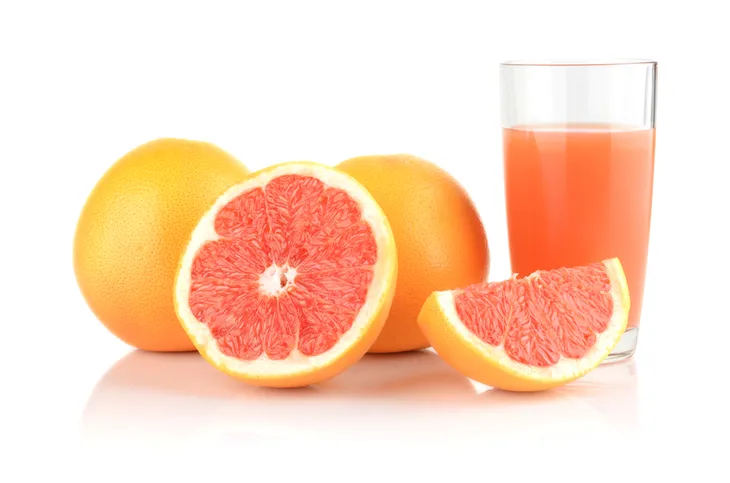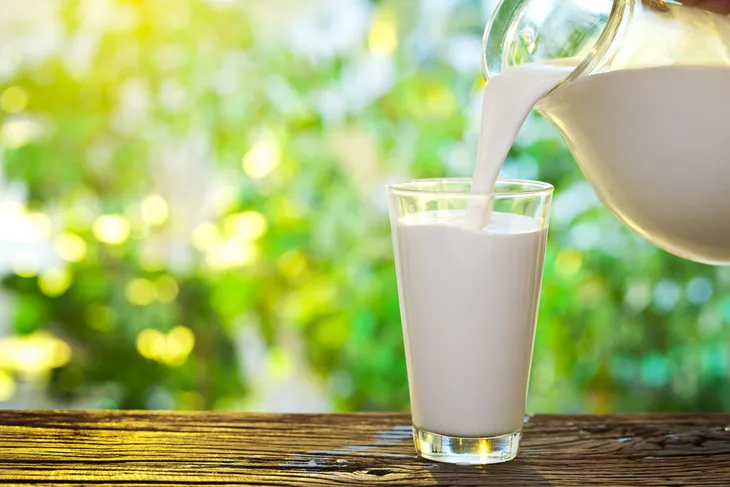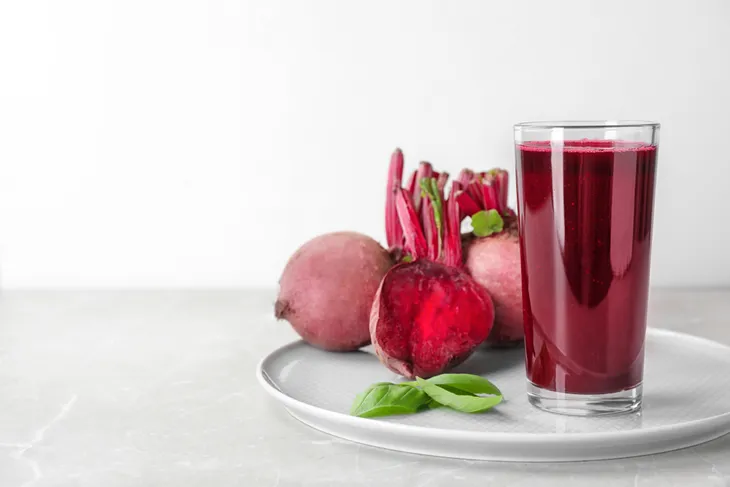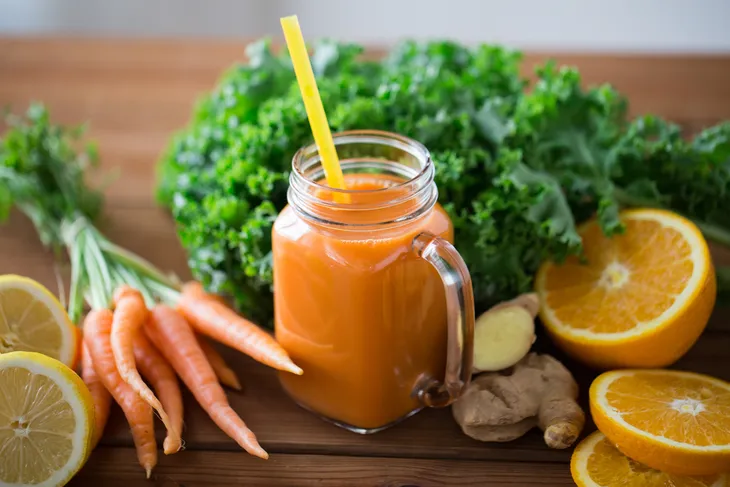As we age, we ultimately develop more than our share of healthy woes. However, that doesn’t mean you should sit back and quietly take it! Fight back with your diet, in particular, the beverages you drink.
It’s true! You can actually fight many diseases, proactively keep illness at bay, and improve the daily function of your body and mind just by incorporating the following 10 beverages into your regular diet. Check it out…
Green Tea
If you’re one of those types that don’t do tea, you might want to reconsider swapping one cup of coffee for a cup of green tea mid day. Why? Because green tea is jam-packed with antioxidants that help soothe inflammation and prevent oxidative stress associated with diseases like type 2 diabetes, Crohn’s and Colitis, heart disease, cancer, and stroke.
Red Wine
Studies show that moderate consumption of red wine—and by that I mean one glass a day for women and two glasses per day for men—may actually prevent dementia and Alzheimer’s disease by improving the nerve transmission between the brain and the rest of the body. But remember, this isn’t an invitation to drink excessively. Binge drinking kills brain cells and causes permanent memory loss.
Coffee
Did you know that there’s enough caffeine in a single cup of coffee to prevent the development of a basal cell carcinoma (BCC), which turns into skin cancer? In fact; 1 cup of caffeinated coffee a day can reduce your risk of skin cancer by 10- to 20-percent.
Soy Milk
Ditch the fancy expensive skin creams and drink soy milk instead. Soymilk contains isoflavones, a group of naturally occurring organic compounds that prevent collagen breakdown. A glass of soy a day will help reduce wrinkles while toning and smoothing skin—even when it’s exposed to harsh UV light.
Pink Grapefruit Juice
Downing just one 8-oz. glass of pink grapefruit juice in the morning will go a long way to strengthening your bones and teeth. Well worth making it part of your morning routine, pink grapefruit provides the recommended daily dose of vitamin C, which is essential for growth, protection, and repair of tissue, cartilage, bones, and teeth.
Milk
As we age, we lose valuable lean muscle mass every year, starting in our thirties. But the amino acids (particularly one amino acid called leucine) and protein present in cow dairy are the building blocks of muscle. Luckily any food that contains milk—such as yogurt, cheese, low fat milk, and cottage cheese—provides your body with whey protein within, a superb source of leucine.
Water
Oftentimes when you feel drained of energy; you’re actually thirsty. The human body is made up of over 70-percent water, and every bodily function we perform runs on water and minerals. So you’re your energy levels plummet, you can instantly revive your body and mind with a simple, clean glass of water.
Beet Juice
Dementia is often associated with low blood flow to the brain, leading to age-related, cognitive decline. However, natural nitrates (not the artificial kind found in processed meat) boost blood flow to the frontal lobe, keeping blood vessels supple and fluid. If you can stomach it, beet juice contains loads of naturally-occurring nitrates.
And, the good news is that you can shred a beet to put in your morning smoothie and you can’t even taste it.
Carrot Juice
Sure, Bug Bunny ate carrots to sharpen his eyesight, but did you ever see that rabbit age a day? Not likely. Because the juice of carrots is a rich source of beta-carotene, an essential antioxidant that prevents cell degeneration and slows the aging process.
Hot Cocoa
You’re probably in the habit of fighting the temptation to consume chocolate before bedtime. However, you might not know that cocoa has huge flavonoid prowess. These plant-produced compounds can help reduce your risk of cardiovascular disease, high blood pressure, inflammation, and help preserve the healthy function of blood vessels—in turn, lowering the risk of type 2 diabetes, kidney disease, and dementia.
Not all cocoa is created the same, so it’ll have to be fresh powder and not with added sugars.

